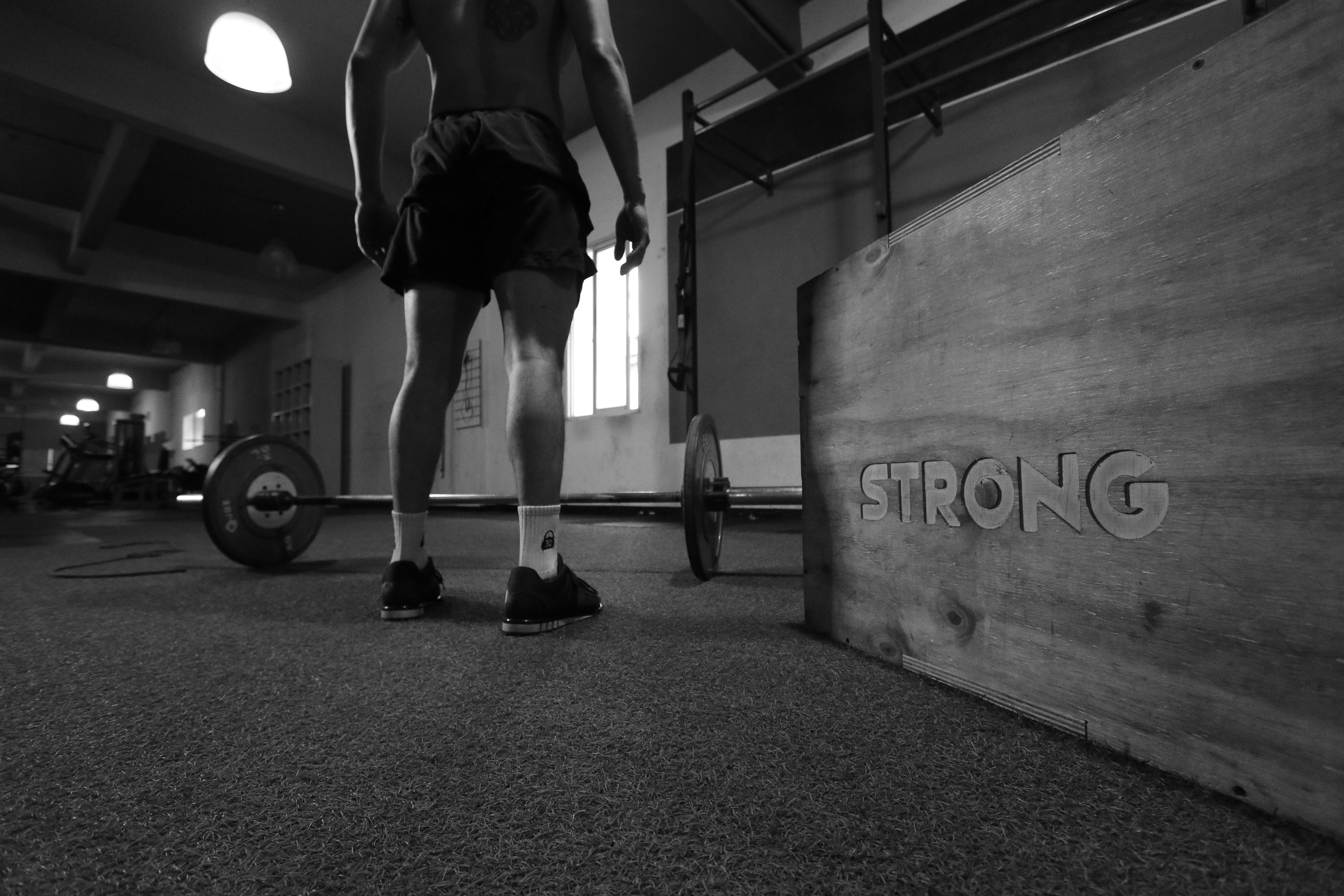Best 5 Strategies for Alcohol and Muscle Gain in 2025: Optimize Your Diet!
As we enter 2025, the interplay of alcohol consumption and muscle gain continues to be a hot topic among fitness enthusiasts. Understanding how to navigate your drinking habits while still making progress in your fitness journey is crucial. This article outlines the five most effective strategies to achieve muscle gain despite alcohol intake. With a focus on optimal nutrition and recovery, these strategies will empower you to maintain your fitness goals without sacrificing enjoyment.
The portrayal of alcohol in fitness circles often raises questions. Is it possible to achieve muscle growth and recovery while enjoying a drink? Join us as we explore practical tips and insights from experts on how to balance alcohol and fitness. Let’s dive into our five essential strategies, which include optimizing diet, meal timing, and post-training recovery—ensuring that your alcohol habits don’t derail your muscle-building efforts.

Essential Strategies for Balancing Alcohol and Muscle Gain
Understanding Alcohol’s Impact on Muscle Recovery
Alcohol consumption can significantly affect muscle recovery and the process of muscle protein synthesis. Research indicates that alcohol, particularly in excessive amounts, can inhibit the production of testosterone, a critical hormone for muscle growth. In 2025, understanding this relationship remains vital for athletes looking to optimize their performance.
After a workout, muscle recovery relies heavily on nutrients, particularly protein. Consuming alcohol can alter nutrient absorption, leading to performance hindrances and potentially delaying recovery time. It’s essential to acknowledge that while a drink might not derail your entire workout, moderation is key. If you choose to enjoy a drink post-training, complement it with proper nutrition to facilitate muscle regeneration.
Maximizing Protein Intake with Alcohol Consumption
Your dietary protein intake is crucial for muscle growth. Incorporating protein-rich sources in your meals can counteract the detrimental effects of alcohol. Research suggests that consistent protein consumption can help maintain muscle mass and support recovery, even when alcohol is present.
Smart planning of meal timing around alcohol consumption can make a significant difference. Use supplements such as protein shakes as part of your pre or post-drink routine, ensuring that you meet your daily protein needs. This combined approach can help you achieve your fitness aims while still enjoying social gatherings.
Effective Approaches to Minimize Alcohol’s Negative Effects
Hydration and Alcohol: Key to Recovery
Hydration is crucial when engaging in any form of physical activity, especially if alcohol is part of your lifestyle. Alcohol acts as a diuretic, promoting dehydration which can severely affect performance and recovery. Ensuring adequate fluid intake before, during, and after alcohol consumption can aid in mitigating its adverse impacts on muscle recovery.
Consider consuming water or electrolyte-rich drinks alongside alcoholic beverages. This strategy not only helps combat dehydration but also ensures better nutrient absorption, contributing to effective muscle recovery and maintenance. In 2025, the importance of hydration cannot be overstated for any fitness-focused individual.
Timing Alcohol Consumption for Optimal Performance
When looking to gain muscle, the timing of your alcohol consumption can play a crucial role. Ideally, consuming alcohol during days off from intense training may minimize its impact on performance. Avoiding alcohol on training days enhances muscle adaptation while preserving workout intensity. This means reserving social outings for off days or integrating lighter alcoholic options on training days where recovery is prioritized.
Having a strategic approach to when you indulge can lead to better overall fitness results. Consider documenting your consumption alongside your workout logs to analyze the effects of alcohol on your performance trends.

Dietary Adjustments for Alcohol Consumers
Incorporating Nutrient-Dense Foods
Much of your nutrition must focus on lean proteins, healthy fats, and complex carbohydrates, especially for muscle gain. For those who drink alcohol, incorporating nutrient-dense foods can help offset potential nutritional deficiencies caused by drinking.
Prioritize fruits, vegetables, whole grains, and healthy fats as the foundation of your diet. This dietary optimization will not only support better recovery but will also provide necessary vitamins and minerals to enhance overall health and fitness. In 2025, the emphasis on nutrient timing will continue to help fitness enthusiasts make the most of their diets.
Understanding Calorie Considerations
Alcohol contains empty calories, meaning they provide energy without nutritional benefit. Monitoring caloric intake is crucial for muscle gain and weight management. Swapping high-calorie alcoholic drinks for lower-calorie options can support your fitness objectives without sacrificing quality of life.
Be mindful of the caloric density present in mixed drinks and cocktails. Opting for spirits mixed with soda or other low-calorie mixers can provide a more balanced approach while allowing you to enjoy your favorite beverages responsibly.
Conclusion: Striking a Balance for Success
Achieving muscle gain while incorporating alcohol into your lifestyle is possible in 2025 by following these five essential strategies. Prioritize hydration, maximize protein intake, and make informed choices about when and what you drink. This balanced approach, focusing on nutrient-dense foods and careful monitoring of caloric intake, will empower you to enjoy your social life without compromising on your fitness goals. Remember that moderation is key, and your body will thank you for the effort you put into optimizing your health and performance.
Q&A Section
How does alcohol affect muscle recovery?
Alcohol can slow down muscle recovery by inhibiting protein synthesis and delaying nutrient absorption, which are essential for muscle growth.
What types of alcohol are better for fitness enthusiasts?
Lighter alcoholic beverages, such as spirits or low-calorie beers, generally have fewer negative impacts on fitness and recovery when consumed in moderation.
Can I still build muscle while drinking alcohol?
Yes, as long as you monitor your alcohol intake, prioritize nutrition, and time your consumption strategically with your training schedule.
What should I eat when drinking alcohol to support muscle gain?
Focus on high-protein foods and nutrient-dense meals to support muscle recovery and enhance overall nutrition when consuming alcohol.
Is it necessary to avoid all alcohol for muscle gain?
While moderation is key, complete avoidance of alcohol is not necessary. It comes down to individual goals and how your body responds to alcohol consumption.
